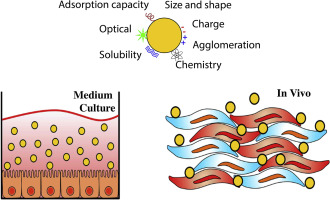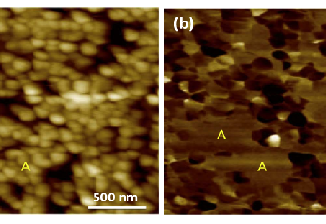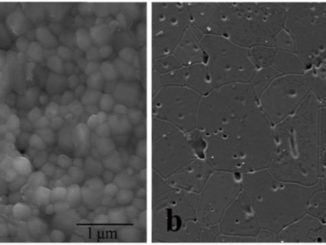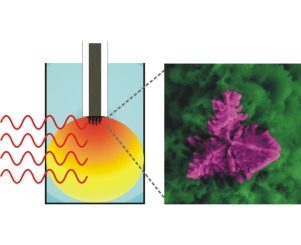
Challenges on the toxicological predictions of engineered nanoparticles
Abstract: The perceived enormous potential of nanotechnology in contributing to sustainable innovation has led to the growth of investments into new industrial applications and consumer products. However, the lack of tools that are needed to generate early knowledge about the potential adverse effects, combined with the uncertainties regarding the health and safety risks of engineered nanoparticles (ENPs), are a potential threat to the acceptability by society of the nanotechnology innovations, due to the rising societal concerns that are based on generic worries. In order to tackle these issues, it has been necessary to adopt a more proactive approach into nanotechnology safety assessments. Multiple projects have been initiated around the world in order to understand how ENPs interact with living organisms, but the validation of most of the emerging knowledge may take years. This is while robust risk assessment results are urgently needed, in order to support timely regulatory decisions and risk management actions. The goal of this paper has been to review the present knowledge on the physicochemical characteristics of ENPs, focusing on titanium dioxide (TiO2), gold (Au), copper oxide (CuO), and zinc oxide (ZnO), as well as on their biological interactions. In addition, the paper has been aimed at the identification of the main challenges on the current toxicological characterisation of these ENPs. Focus will also be given in this article to those ENPs that have been described by the Consumer Product Inventory as having prevalent nanomaterials present in consumer products, but also, with those having therapeutic and diagnostic applications, due to their physical (ex: confined plasmon resonances) and biological (biocompatibility and antimicrobial) properties.
Authors: A.R. Ribeiro, P.E. Leite, P. Falagan-Lotsch, F. Benetti, C. Micheletti, H.C. Budtz, N.R. Jacobsen, P.N. Lisboa-Filho, L.A. Rocha, D. Kühnel, D. Hristozov, J.M. Granjeiro.
NanoImpact
Volume 8, October 2017, Pages 59-72
DOI: 10.1016/j.impact.2017.07.006
PDF: Challenges on the toxicological predictions of engineered nanoparticles




